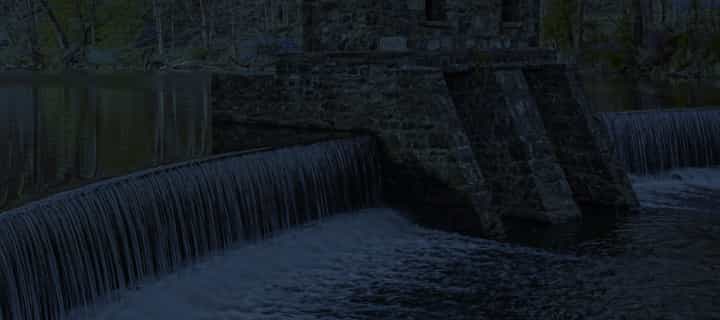Classification of Visitors in Cherry Hill Premises Liability Cases
Request a Free ConsultationWhile being involved in a property accident can be a stressful situation, know that you do not have to face it alone. A skilled attorney can show you how the classification of visitors in Cherry Hill premises liability cases can affect your compensation. Read on to learn more about how your status as a visitor can impact the outcome of your case.
How Does a Property Owner’s Duty Change between Different Classifications of Visitors?
If an individual is a business invitee of a commercial property, the property owner owes that individual the highest duty of care. They need to prevent dangerous conditions on their property by performing regular inspections. If dangerous conditions do exist, they need to warn their business invitees of them and take the proper steps to remedy those conditions. It is a little bit different if a visitor is a social guest. If an individual is invited to a residential property, that property owner only needs to warn that individual of any dangerous conditions they are aware of.
Definition of an Invitee to a Property
An invitee is one who is permitted to enter or remain on land for the purpose of the owner or occupier. They can be a business invitee or social guests. They can receive this status through an actual invitation or an implied invitation. For example, a mailman walking up the front steps to deliver mail is invited onto that property, even though there has never been an actual, verbal invitation. They have an implied invitation because they are delivering the mail as a part of their job. This is very different from someone who trespasses. If someone is in an area of another’s property that they are not permitted to be in, they would be considered a trespasser and are not an invitee to the property.
The Attractive Nuisance Doctrine
Although a landowner is generally not required to keep their land safe for trespassers, an exception exists for trespassers who are children, as they may lack sufficient discretion for their own safety. A property owner who maintains an artificial condition on their land will be liable for physical harm to a child trespassing on their property due to that condition, under certain circumstances. To be found civilly liable, the landowner must know that children are likely to trespass in the place where the condition exists.
The property owner should realize that the condition involves a risk of death or serious bodily harm to children, and that the children do not realize the risk involved by trespassing in that area because of their age. The utility to the landowner of maintaining the condition and the burden of eliminating the danger are slight compared with the risk of the children involved. If the possessor of the property fails to exercise reasonable care to eliminate the danger or otherwise protect any children from harm if they wander onto their land, they will be held liable for their injuries. The most common example of this doctrine comes into play when someone owns a swimming pool in their backyard and do not provide an adequate fence around it to keep children out.
If you have been injured due to the negligence of a property owner, reach out to a weathered attorney today to learn more about the classification of visitors in Cherry Hill premises liability cases while gaining an aggressive advocate for your compensation.
